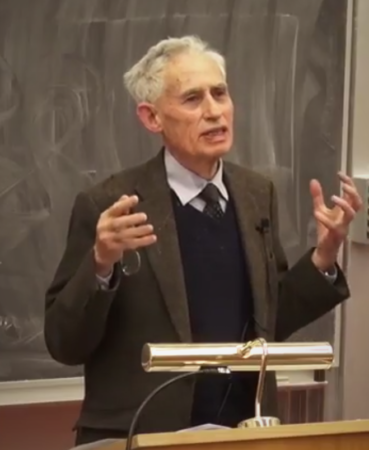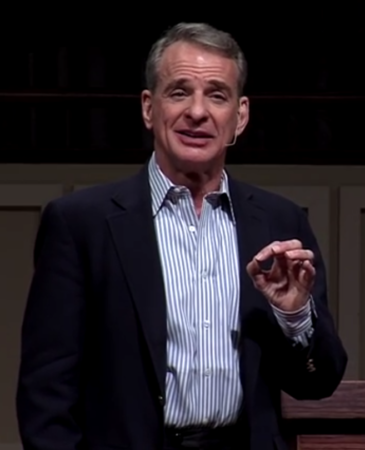Podcast: Play in new window | Download
Subscribe: Spotify | Email | RSS

If God were only one Person would he fail to be “perfectly loving,” and so fail to be a perfect being, even though he’s supposed to be perfect?
Some have recently wielded arguments like this to try to show that any unitarian theology, Christian, Jewish, or Islamic, collapses into incoherence, or at least is less plausible than a theology on which God “is” more than one Person.
On the popular level, apologist and philosopher Dr. William Lane Craig has made this recent sort of antiunitarian argument in a book and online.
 But the main source of such arguments in scholarly literature has been the leading Christian philosopher Richard Swinburne, now retired from Oxford University. He finds these arguments as far back as Augustine.
But the main source of such arguments in scholarly literature has been the leading Christian philosopher Richard Swinburne, now retired from Oxford University. He finds these arguments as far back as Augustine.
In this episode, you’ll hear my presentation at the southwestern meeting of the Evangelical Philosophical Society, in which I summarize and criticize these sort of arguments by Craig and Swinburne.
I claim that Augustine simply doesn’t say what Swinburne attributes to him, and I think I show here that Craig’s version should not convince anyone, as it rests ultimately on an implausible and unsupported assertion.
But in this talk I don’t fully get to the bottom of Swinburne’s thinking on this topic. In the Q & A portion of my session, Swinburne himself weighs in with some responses. I’m still working on this topic, hoping to eventually have a publishable paper.
Links for this episode:
- William Lane Craig

- Richard Swinburne
- podcast 58 – We can’t prove the Trinity by reason alone
- podcast 57 – Richard Swinburne on the Trinity
- podcast 56 – Richard Swinburne on his life and work
- “On the Possibility of a Single Perfect Person“
- Evangelical Philosophical Society
- Southwestern Baptist Theological Seminary – Houston Campus
- Joshua Farris
- This week’s thinking music is “Hot Drop Potato” by Jesse Spillane.

I did not understand how your first questioner thought that Unitarianism entails a denial of perfect being theology. If our conception of perfection is informed by scripture, and we interpret that scripture in a Unitarian sense, then how can Unitarianism be a denial of perfect being theology? Your interlocutor was trying to import an assumption foreign to your system- the assumption that God necessarily exits as a Trinity.
Good speech Dale.
If being “perfectly loving” and “perfectly good” requires producing another being, then was/is Jesus perfectly loving and good? If so, why did He not produce more divine beings? The same can be said for the Holy Spirit (if we grant that the HS is a third person)? Or, did the Father only reproduce neutered divine persons so as to not have competition? But if He produced neutered persons out of fear or selfishness, then wouldn’t that be an imperfection?
If, as the speaker in the last few minutes stated, perfect love requires a minimum of three, does this mean that a freshly married couple does not have perfect love? And, what about those couples who are unable to procreate – should they then engage in polygamy in order to exercise perfect love?
These “fashionable antiunitarian” arguments bring up so many absurdities that it serves as an illustration of the willingness of humans to cling to absurdities at the expense of genuine factual realities. Sad.
Comments are closed.